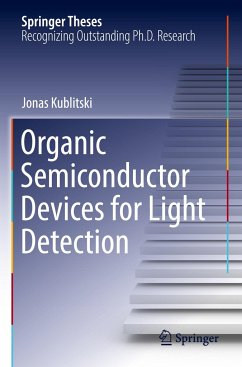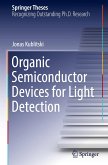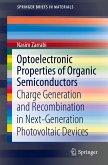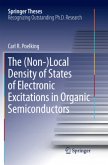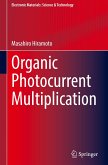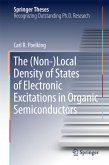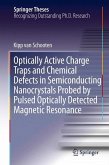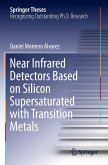In recent decades, the way human beings interact with technology has been significantly transformed. In our daily life, ever fewer manually controlled devices are used, giving way to automatized houses, cars, and devices. A significant part of this technological revolution relies on signal detection and evaluation, placing detectors as core devices for further technological developments. This book introduces a versatile contribution to achieving light sensing: Organic Semiconductor Devices for Light Detection. The text is organized to guide the reader through the main concepts of light detection, followed by a introduction to the semiconducting properties of organic molecular solids. The sources of non-idealities in organic photodetectors are presented in chapter 5, and a new device concept, which aims to overcome some of the limitation discussed in the previous chapters, is demonstrated. Finally, an overview of the field is given with a selection of open points for future investigation.

